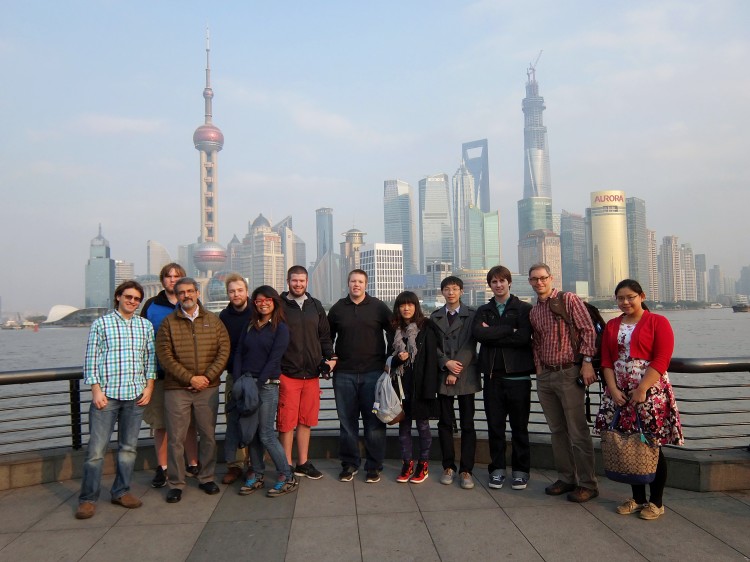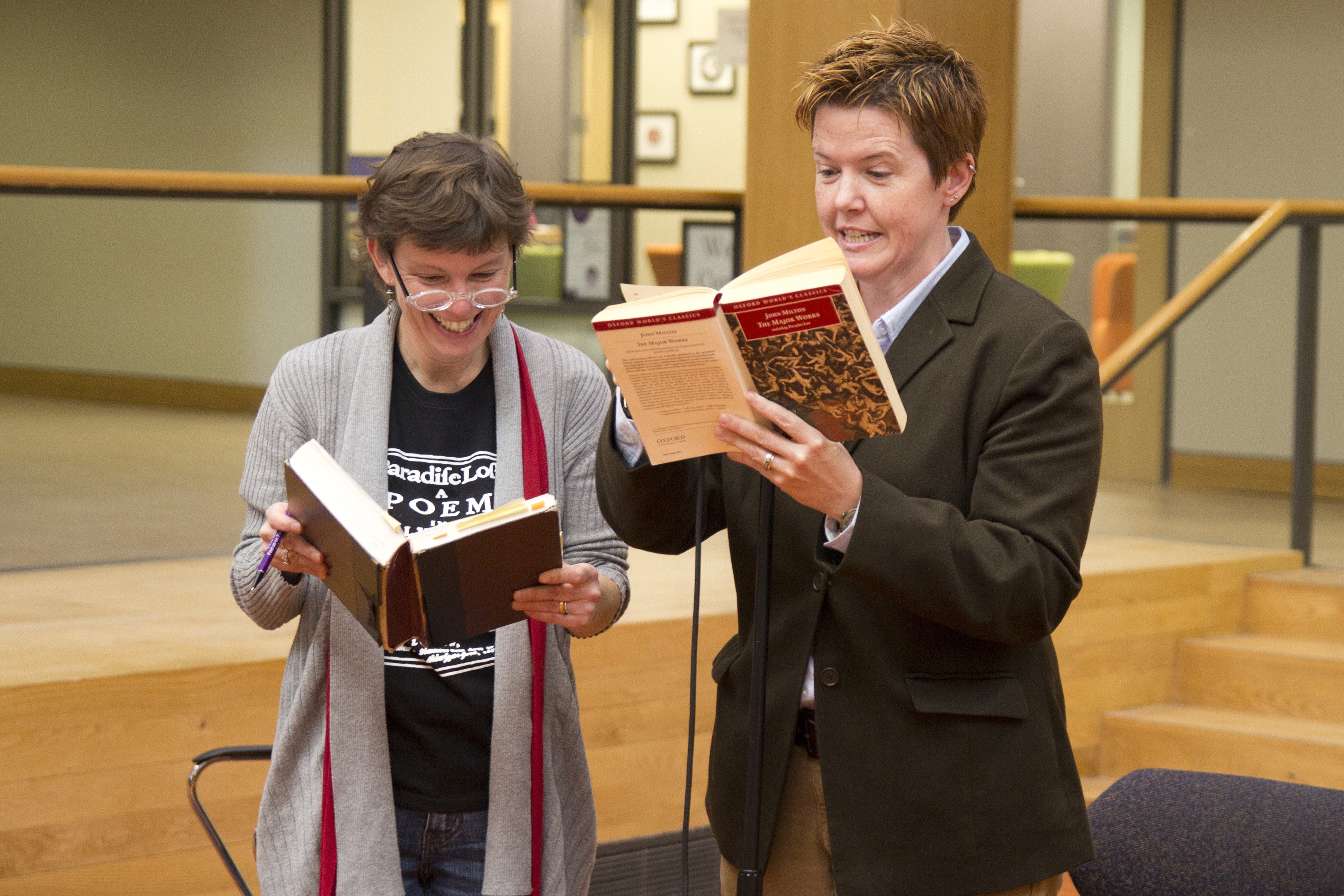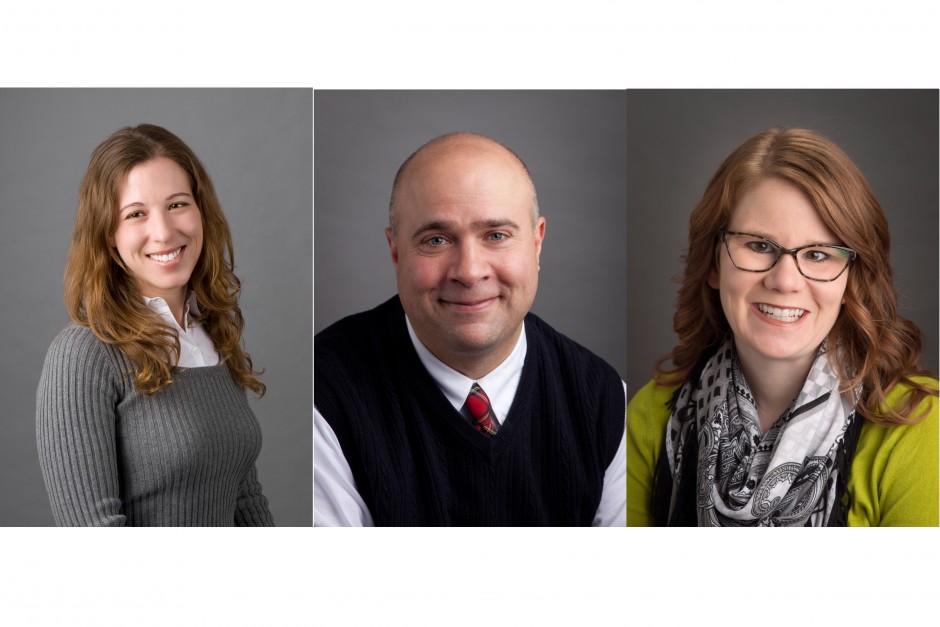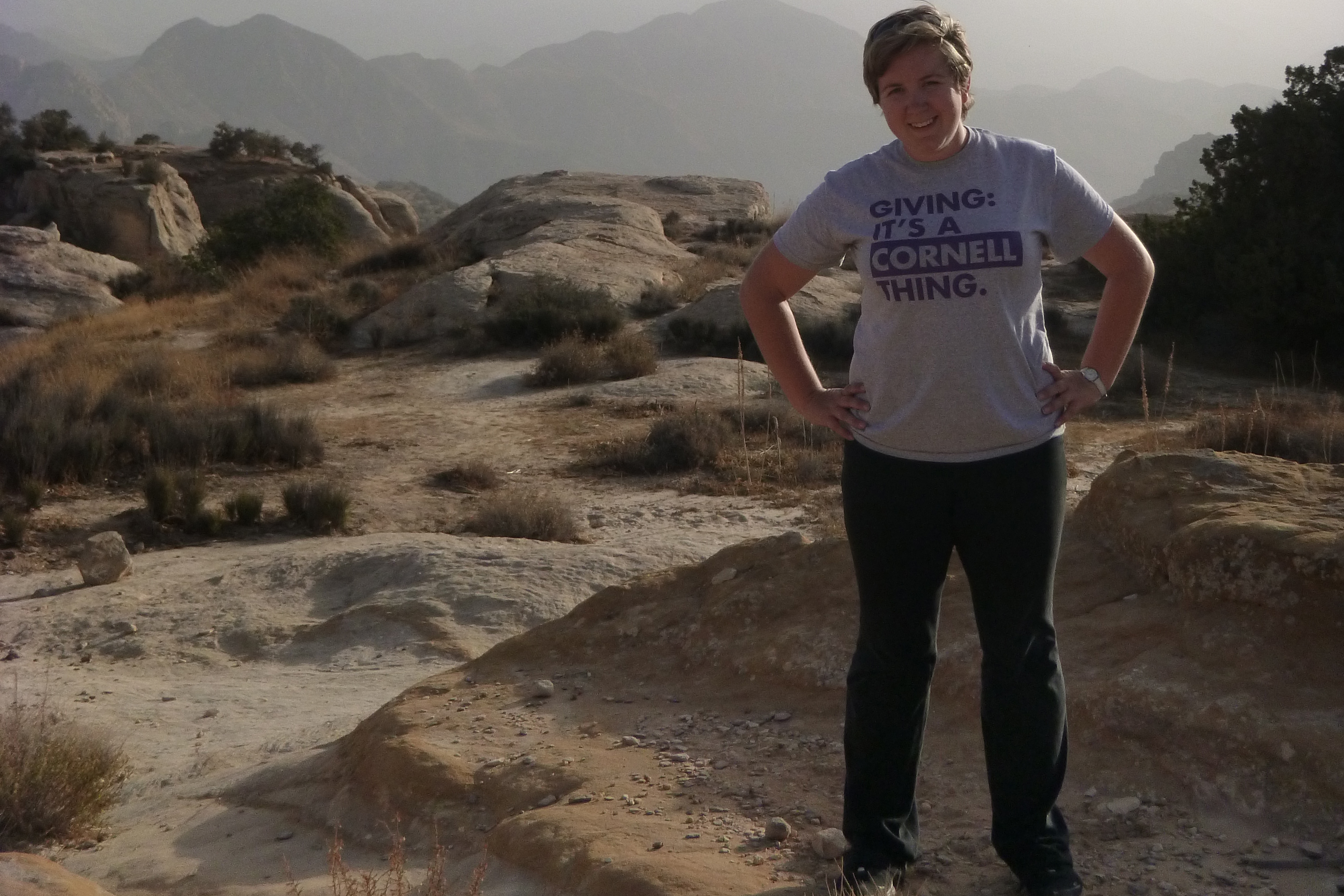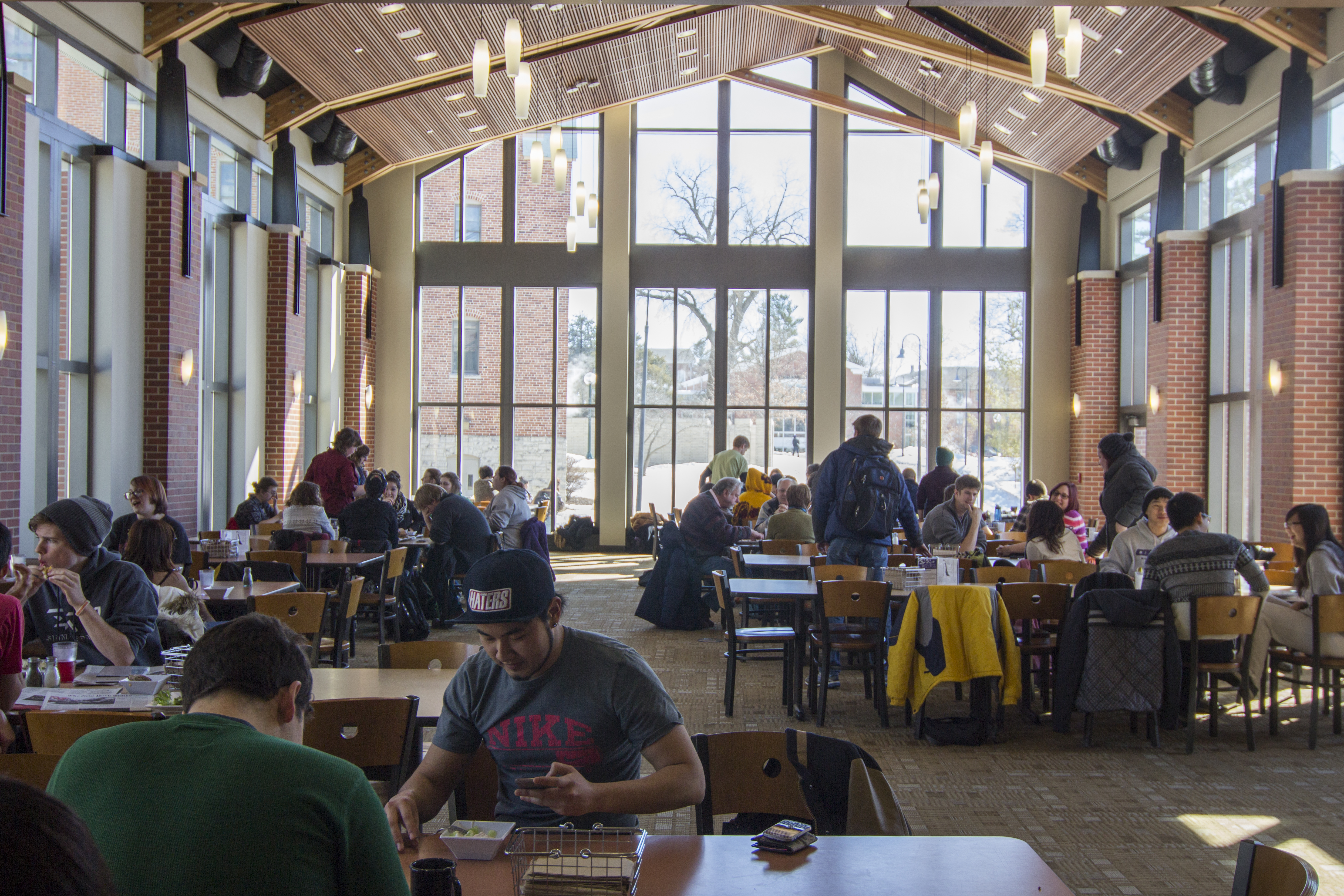In brief
It pays to have Cornellians in the family
Cornell has a long history of generations of families attending the college. That tradition of a Cornell education is something to be proud of, and to help encourage it, Cornell has announced that it will give $2,000 in special financial assistance to alumni children and grandchildren who are admitted to the college starting with the 2014-15 academic year. The award is in addition to any other merit or need-based financial aid they receive. “The legacy award celebrates a family tradition of attending Cornell College,” said Colleen Murphy, vice president for enrollment and dean of admission.
Alumnus earns legal advocacy fellowship
When Eli Wade-Scott ’10 graduates from Harvard Law School in May he’ll be using his law degree to make a difference in the world. Wade-Scott has been awarded a two-year Skadden Fellowship advocating for low-income tenants in Cook County, Ill., whose health is threatened by their landlords’ poor building upkeep. He’ll work directly with renters in Cook County and also collaborate with community organizers and medical providers. Wade-Scott, who was a young trustee from 2010-13, is one of 28 fellows selected for 2014. The Skadden Fellowship offers young lawyers a two-year position working in the public interest. It has been described as a legal version of the Peace Corps, and offers a salary and benefits to its fellows. Since its founding in 1988 it has placed more than 700 fellows.
Reed one to watch in 2014
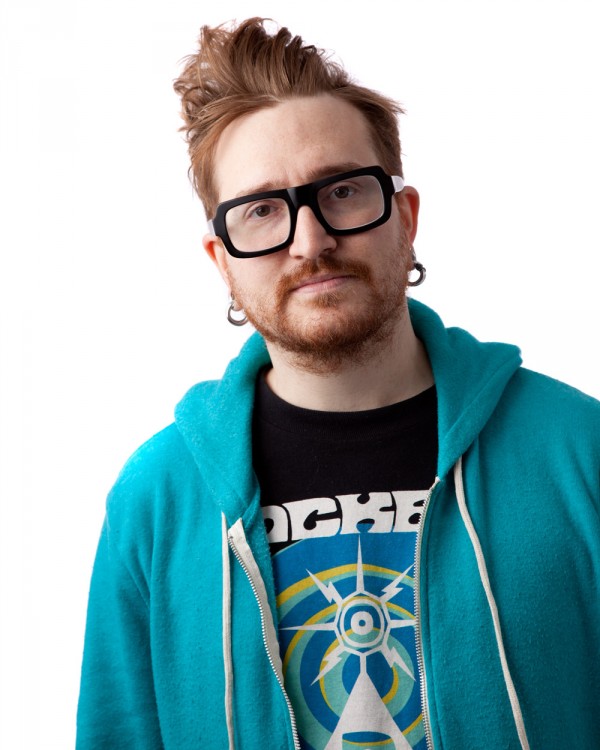
Reed made the list for his new start-up, Modest, which was to launch in the first quarter of 2014, and will connect retailers with mobile buyers. Reed is CEO, and Dylan Richards is the Chief Technology Officer. The Tribune called the pair among Chicago’s best-pedigreed software developers, noting that both had worked on President Barack Obama’s 2012 re-election campaign. Reed served as chief technology officer for the campaign, and has been interviewed and profiled extensively for his work creating the technology that helped turn out volunteers and voters. Envisage Studios
What’s in a name?

Jeffrey Martens ’03 named their baby boy Blake Cornell. “We chose Cornell for Blake’s
middle name because we wanted a name that was meaningful to both of us,” Lindsey Martens said. “We met at Cornell College and made many special memories there both individually and together. Even 11 years later, it is still our home. We joke that Blake will have no choice now but to go to his namesake.” Lindsey Carlson Martens ’03
Defining humanity
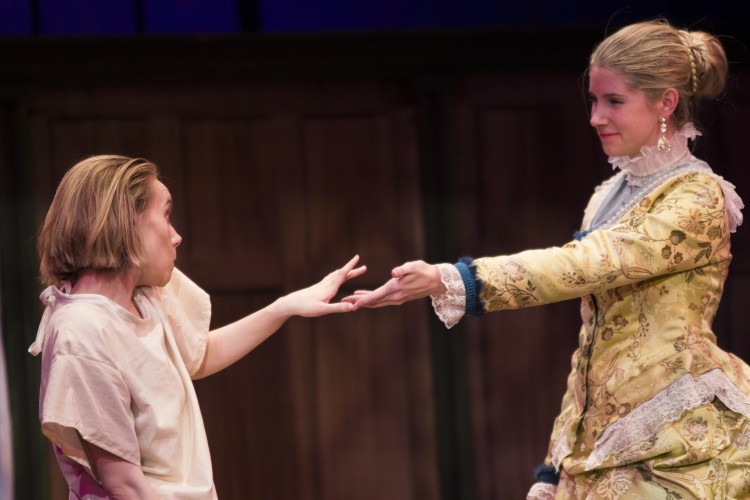
Culture so rich you can taste it

Economics hands-on
